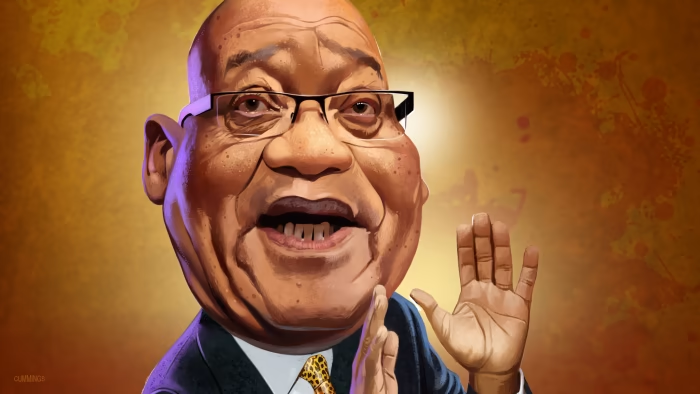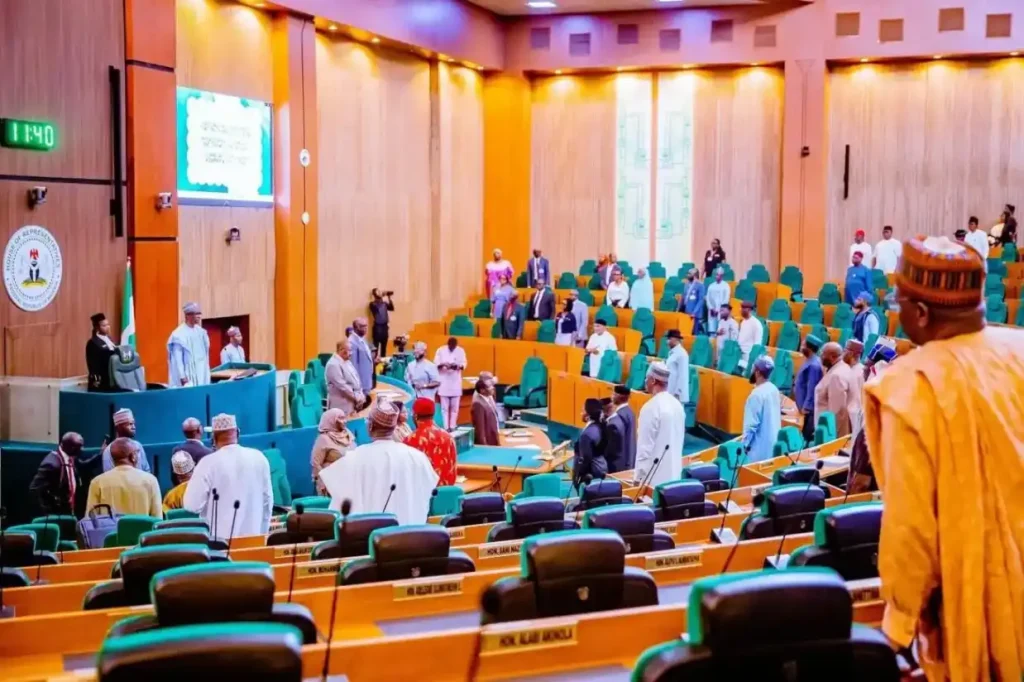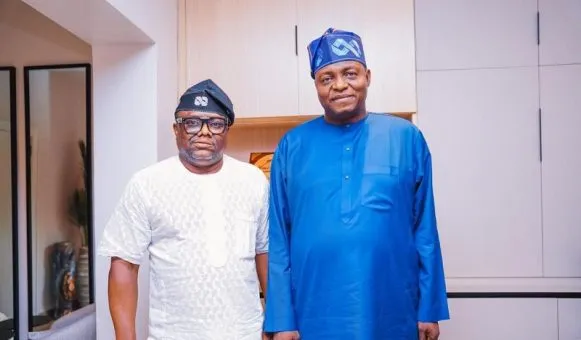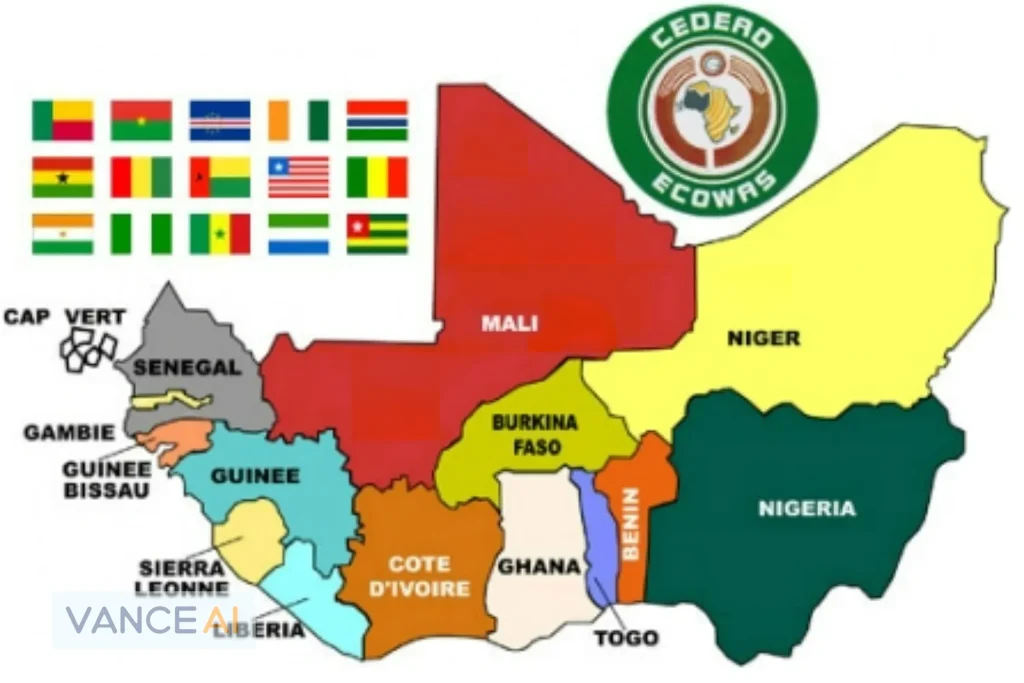South Africa’s ruling party, the African National Congress (ANC), has decided to expel former president Jacob Zuma for leading a rival faction during the May elections.
This decision comes after disciplinary actions were taken against Zuma earlier this month. A document dated July 29 states, “The charged member is expelled from the ANC.” It also notes that Zuma has the right to appeal this decision to the National Disciplinary Committee within 21 days.
The ANC’s National Disciplinary Committee determined that Zuma undermined the integrity of the party by collaborating with another political group in a way that goes against the goals and principles of the ANC. This expulsion marks a significant step in the party’s efforts to maintain unity and discipline as it navigates ongoing political challenges.
The newly formed uMkhonto weSizwe (MK) party has criticized the ANC’s decision to expel Jacob Zuma, stating that he will consult with his legal team to explore his options. They allege that neither Zuma nor his designated representative were informed of the ruling, which they claim violates the ANC’s constitution.
Zuma, who still enjoys significant popularity despite various scandals, was suspended by the ANC in January after he endorsed the MK party. In the May 29 elections, MK secured 14.5% of the votes, finishing in third place. Zuma now leads MK, which has gained 58 seats in the 400-seat National Assembly.
In contrast, the ANC received only 40% of the vote in these elections, marking its weakest performance since it came to power over three decades ago, following the end of apartheid. This reflects growing discontent among voters and poses significant challenges for the ruling party as it seeks to regain support.
The situation highlights a shifting political landscape in South Africa, with Zuma’s MK party emerging as a notable contender. The 14.5% of the vote that MK secured demonstrates a significant base of support for Zuma, indicating that many voters may be disillusioned with the ANC’s leadership.
The ANC’s decline in support, now at its lowest since the end of apartheid, raises questions about its future direction and strategy. The party faces mounting pressure to address issues such as corruption, economic inequality, and high unemployment, which have increasingly alienated voters.
In response to these challenges, the ANC will need to reassess its policies and leadership approach to win back public trust. The party’s internal conflicts, particularly concerning figures like Zuma, further complicate its efforts to present a united front.
Zuma’s supporters argue that his expulsion is a politically motivated move aimed at weakening his influence within the party and the broader political sphere. They believe that his leadership of MK could pose a serious challenge to the ANC in future elections.
As the political dynamics continue to evolve, both the ANC and MK will need to navigate their positions carefully. The outcome of Zuma’s legal battles and the future of the MK party will likely play a crucial role in shaping South Africa’s political landscape in the years to come.
Public sentiment remains key, and how these parties address the needs and concerns of citizens will ultimately determine their success or failure in the upcoming political climate.























